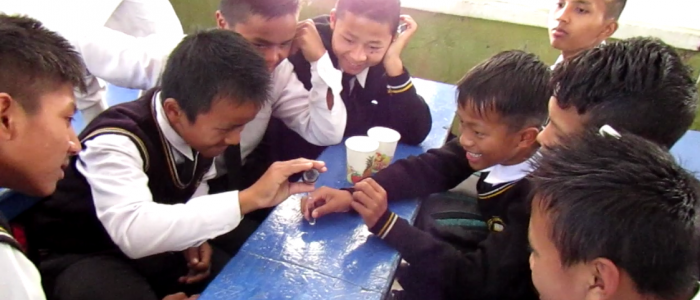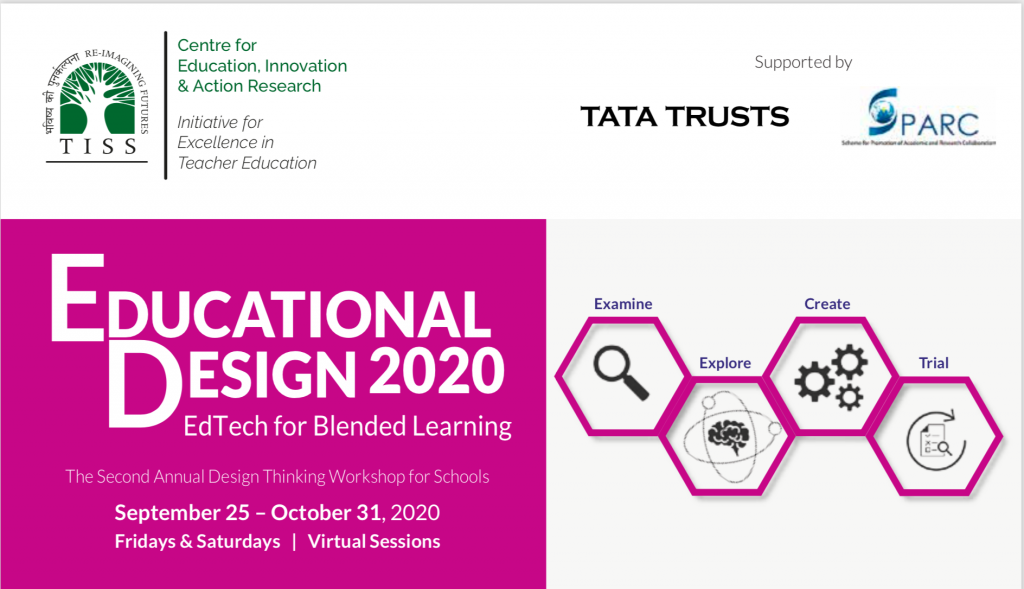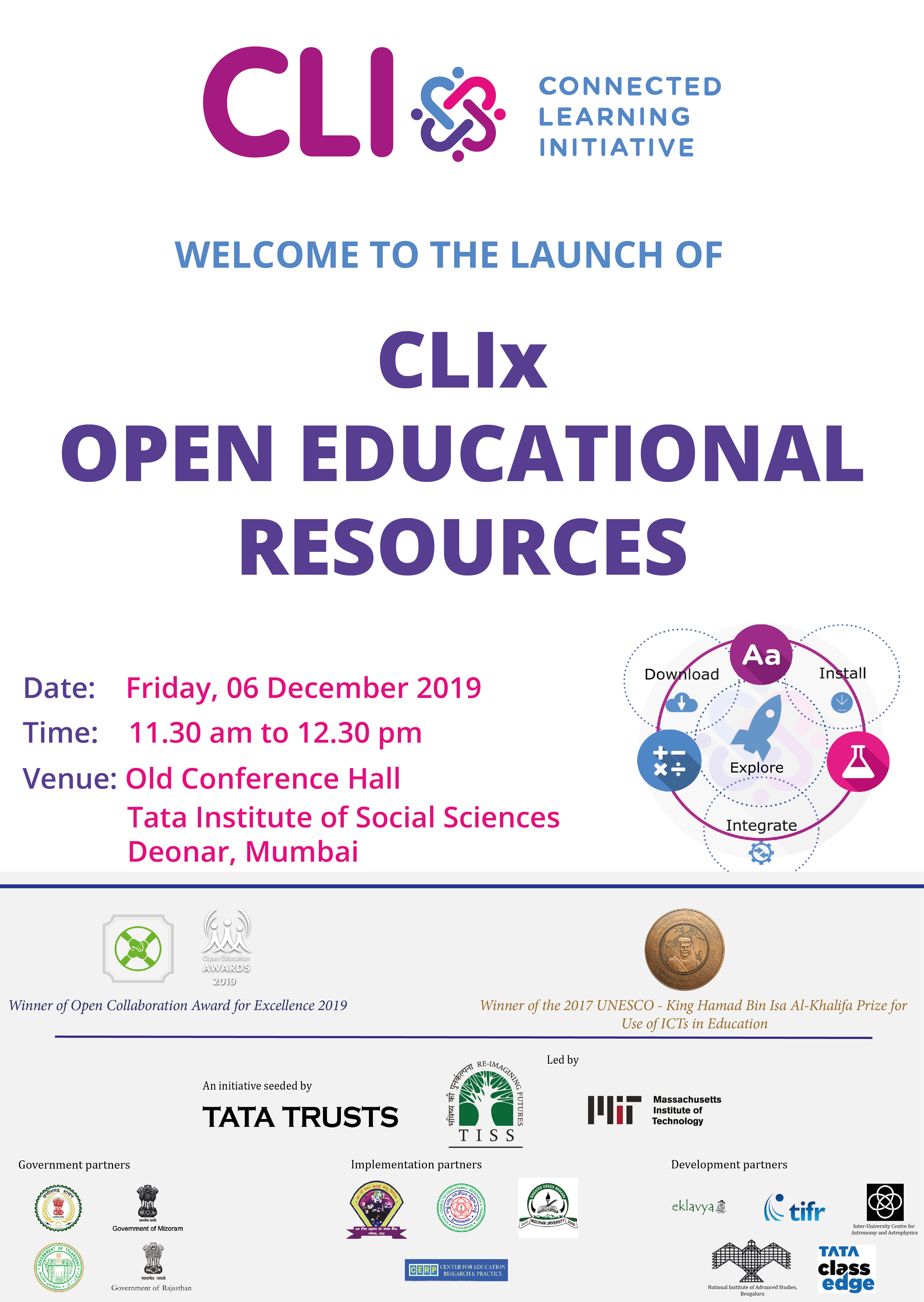Biology Team Field Visit to Mizoram – Part I
“A few trickle through the system with their wonder and enthusiasm for science intact.”
— Carl Sagan
Biology is taught in our schools in a ‘static manner’, and students learn the subject by rote, failing to understand the dynamics of biological processes and to appreciate the importance of the variety of life forms coexisting with them in their environment. According to Francis Collins, an American geneticist who led the Human Genome Project,“[learning biology] was focused on memorization…I wish I had learned sooner that biology could be fun as well”. Furthermore, grasp of a concept in biology requires integration of information from other branches of science such as physics, chemistry, mathematics and the social sciences.
Following a constructionist approach — learning by making mental models using prior knowledge and connecting the concepts they are learning with tangible objects — in the biology classroom could help students to build a perceptual model by integrating knowledge acquired from different resources as well as overcome the limitations of the prevalent compartmentalised education system. Unfortunately, ‘learning by doing’ experiments in the science classroom are still a dream for many school children, especially for those in rural regions.
The objectives of our visit to the selected schools of Mizoram were to understand student’s perception of biology and classroom practices as well as to test the feasibility of converting a classroom into a temporary biology laboratory using low-cost materials available locally and doing experiments involving every member of a classroom.With the support of the CLIx implementation team of Mizoram, we were able to conduct sessions in two schools located at Aizawl— Bethlehem High School and Government Model School.
(Sruthi Pillai, Akhila C.M. and V. V. Binoy, Biology Team, CLIx)




